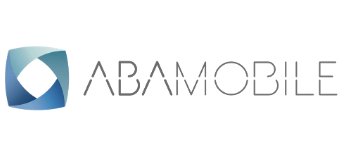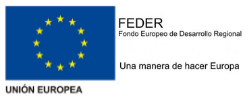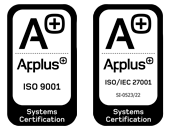What is IoMT? IoMT Apps and Technology Applied to Healthcare
Technology has had a major impact on our society for decades. It is present in almost every industry and sector today, driving connectivity between devices and systems. This is how the Internet of Things (IoT) developed, laying the foundation for the topic we’ll explore in this post: What is IoMT?
Connectivity plays a key role in digitalizing processes, automating tasks, and enhancing both service and user experience. While we often associate this connectivity with industries like manufacturing, logistics, or telecommunications, in recent years, IoT has made its way into healthcare, giving rise to the Internet of Medical Things (IoMT).
The development of smart devices, along with technologies like artificial intelligence, big data, and virtual reality, are tools that help the healthcare sector improve connectivity. They make it easier to diagnose, personalize treatments, and provide better care for patients.
- What is IoMT? The Internet of Medical Things
- IoMT Devices and Mobile Apps
- Benefits of IoMT Apps and Technology Applied to Healthcare
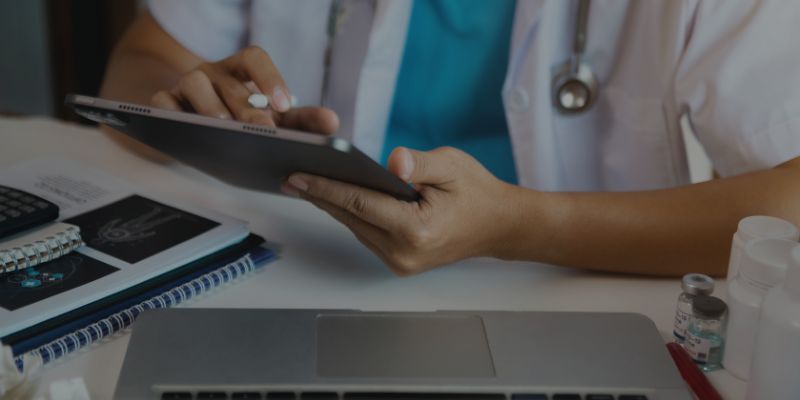
What is IoMT? The Internet of Medical Things
IoMT, or the Internet of Medical Things, can be summarized as the Internet of Things (IoT) applied to the healthcare sector.
The transformation of healthcare is increasingly focused on providing more personalized care for patients while making the work of healthcare professionals easier. To achieve this, the integration of medical devices that communicate via the internet is key.
To better understand what IoMT is, it’s important to consider the essential role played by mobile apps, communication networks, and devices like sensors, smartwatches, and wearables. These technologies are capable of collecting and sharing valuable data and information.
The primary goal of IoMT is to create more connected healthcare environments, such as hospitals, clinics, and healthcare centers, that are becoming increasingly intelligent and improving people’s lives.
The digitalization and transformation of healthcare processes occur at various stages. From medical research to manufacturing and ongoing patient care, IoMT helps collect relevant medical data and improve the healthcare sector.
Do you have an app idea you’d like to develop? Or do you need to keep an existing app up to date? Get in touch with our team! We’ll advise you, and your first consultation is free!
IoMT Devices and Mobile Apps
To create connected environments in the healthcare sector and implement IoMT, tools like mobile apps and devices are essential.
Today, in the healthcare industry, we can find numerous IoT devices designed for medical use, as well as healthcare apps that provide real-time data about patients.
Technologies like AI, augmented reality, and big data work in tandem with devices and apps to improve the healthcare system, enhance medical techniques, and provide better patient care.
Some of the devices currently making an impact include wearables like smartwatches that monitor blood pressure, heart rate, and glucose levels. All this data is collected, uploaded to the cloud, and shared through apps where healthcare professionals can spot anomalies, make better diagnoses, and personalize treatments.
Remote monitoring devices are particularly useful for people with chronic conditions, helping them manage their health from home. Personal emergency response systems (PERS) are also noteworthy, as they allow for quicker assistance at the scene of an incident.
Additionally, smart pills help doctors monitor the internal state of a patient by sending information to specific apps or tools.
As you can see, devices are just one part of the equation in developing the Internet of Medical Things (IoMT). For a complete and successful operation, medical mobile apps are also needed to send the data collected in real-time. It’s through these apps that healthcare professionals can supervise and monitor patients, draw conclusions, and improve diagnoses and treatments.
Benefits of IoMT Apps and Technology Applied to Healthcare
Integrating technology into the healthcare sector promotes the development and evolution of IoMT, highlighting benefits such as improving patients’ quality of life and making healthcare professionals’ work easier.
IoMT apps, along with various devices, machines, and software solutions, enable the automation of tasks, such as cleaning hospital areas. They also facilitate the remote management of tasks, such as medical records, making them digital and always up-to-date.
IoMT apps can assist in staff management and team coordination, thereby improving patient care.
Personalized monitoring is another key benefit of IoMT apps. Thanks to the Internet of Medical Things, healthcare providers can access real-time information on patients’ health, improving diagnoses and enabling more tailored treatments.
At ABAMobile, we’ve been developing mobile apps for sectors like healthcare for over 12 years. Throughout these years, we’ve focused on advancing connected devices. That’s why we work with mobile devices such as smartphones, smartwatches, and all kinds of wearables that, when paired with mobile apps, allow for data collection, task automation, and process digitalization. Get in touch with our team!
Do you have an app idea you’d like to develop? Or do you need to keep an existing app up to date? Get in touch with our team! We’ll advise you, and your first consultation is free!
